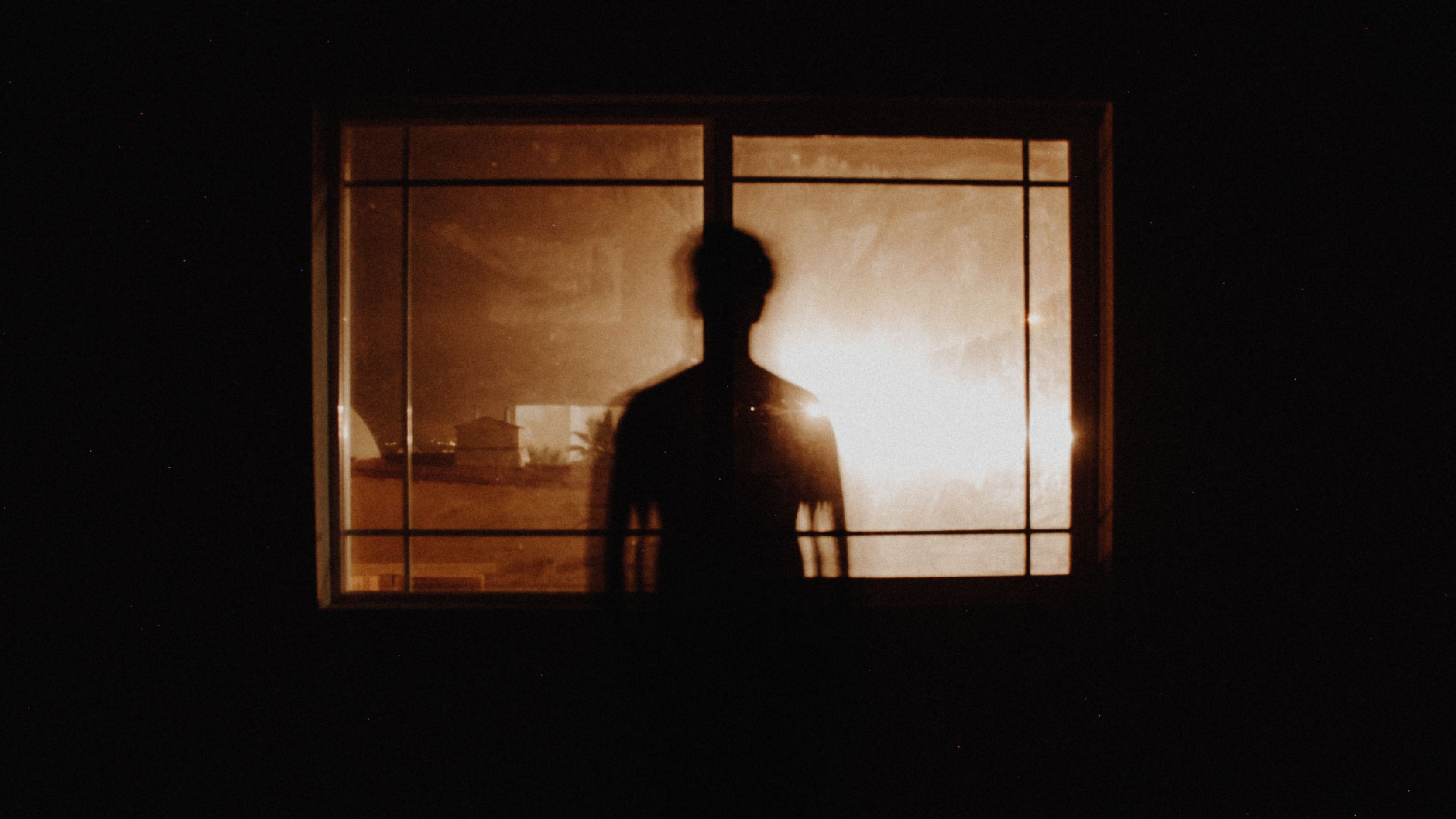In June 2019, a high number of teenagers pre-diagnosed with Tourette Syndrome started showing up in a specialized outpatient clinic in Germany, but none of them really had Tourette’s. All the patients presented with identical “stereotyped” Tourette-like symptoms (behaviors that laypeople associate with Tourette). In a recent paper, Kirsten Müller-Vahl et al. describes what led to the diagnosis of mass sociogenic illness (also known as mass hysteria) in these teenagers. Here’s a hint: they all watched a certain YouTube channel.
In February 2019, months before the episode began, Germany’s second most successful YouTuber Jan Zimmermann launched his channel “Gewitter im Kopf” (English: “Thunderstorm in the Brain”). According to the researchers, he shows the same stereotyped “bizarre” behaviors (that he claims are symptoms of Tourette) in many of his videos. They rule out Tourette’s as the cause of Zimmermann’s “tics”, suggesting instead that he is mimicking stereotyped symptoms like the repetitive use of obscene language or obscene gestures.
“The number of symptoms and in particular the number of different swear words and insults presented is countless and thus far beyond that of tics in Tourette syndrome. Finally, presented symptoms quickly change nearly on a weekly basis in parallel to newly released videos, while “most popular” symptoms are repeated several times.”
The connection between the patients at the clinic and Jan Zimmermann became evident once the researchers realized that the movements and vocalizations the teenagers exhibited were nearly identical to those of the YouTuber. In some cases, the vocal “tics” were exactly the same as Zimmermann’s, like shouting the words “Pommes” (fries), “Bombe” (bomb), “Heil Hitler”, “Du bist häßlich” (you are ugly), and “Fliegende Haie” (flying sharks). Some patients indulged in identical “bizarre” behaviors like throwing pens at school and dishes at home and crushing eggs in the kitchen. Like Zimmermann, many patients gave their supposed “Tourette syndrome” a name.
“Patients often reported to be unable to perform unpleasable tasks because of their symptoms resulting in release from obligations at school and home, while symptoms temporarily completely remit while conducting favorite activities.”
Fortunately, after Tourette syndrome was ruled out and the diagnosis of mass sociogenic illness made, symptoms subsided in many patients. According to the researchers, the phenomenon is a “culture-bound stress reaction”, resulting from stress induced by the COVID-19 pandemic and Eco-anxiety (feelings of uncontrollability, unpredictability, and uncertainty over climate change).
Read the paper authored by Kirsten R. Müller-Vahl, Anna Pisarenko, Ewgeni Jakubovski and Carolin Fremer here.








